Theresa May has become Britain's new prime minister with the task of leading the country out of the European Union.
She quickly named leading Brexit supporters, including former London mayor Boris Johnson, to key positions in her new government.
After being appointed by Queen Elizabeth, the former Conservative interior minister said she would champion social justice and carve out a bright new future for Britain after last month's shock referendum vote to quit the EU.
"We will rise to the challenge," she said.
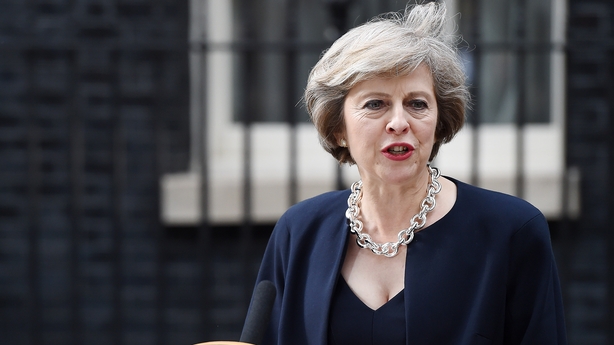
"As we leave the European Union we will forge a bold new positive role for ourselves in the world, and we will make Britain a country that works not for a privileged few, but for every one of us," she said outside 10 Downing Street, vacated hours earlier by David Cameron.
Mr Cameron stepped down after the UK voted to leave the EU, a decision that has set back European efforts to forge greater unity and created huge uncertainty in Britain and across the 28-nation bloc.
Mrs May will face immediate pressure from EU leaders to serve formal notice of Britain's withdrawal and set the clock ticking on a two-year countdown to its final departure.
She spoke with Taoiseach Enda Kenny, the French president and German chancellor on the phone after taking office.
French President Francois Hollande urged Mrs May to start negotiations as soon as possible.
German Chancellor Angela Merkel and Mrs May reaffirmed their countries' "friendly ties" in their conversation.
Mrs May was said to have emphasised her commitment to delivering Brexit, but called for patience.
She "explained that we would need some time to prepare for these [Brexit] negotiations and spoke of her hope that these could be conducted in a constructive and positive spirit", a Downing Street spokeswoman said of the calls.
Just over an hour after entering her new office, she started naming ministers and appointed foreign minister Philip Hammond to take charge of the finance ministry.
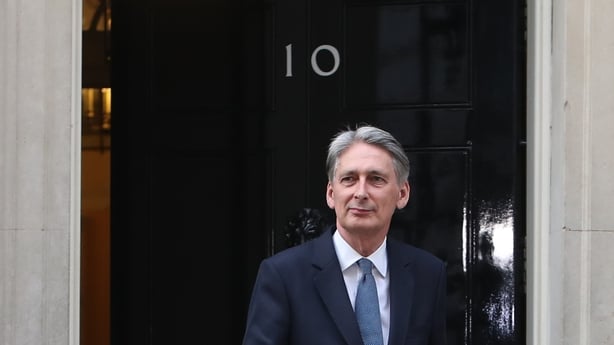
He replaces George Osborne, whose determination to balance Britain's books made him synonymous with austerity.
In a major surprise, Mrs May named Mr Johnson, a leading eurosceptic who had until recently been seen as her main rival for the prime minister's job, to take over as foreign secretary.
Other prominent Leave campaigners were also rewarded.
One, David Davis, took the key role of Secretary of State for Exiting the European Union.
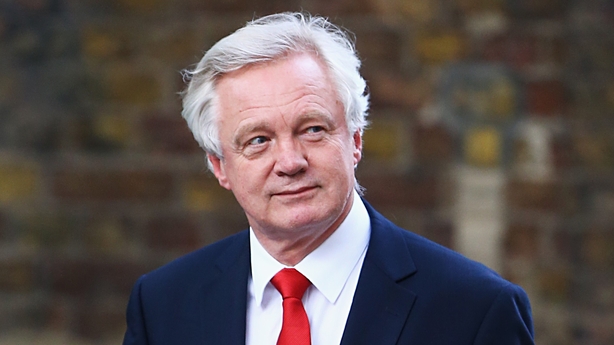
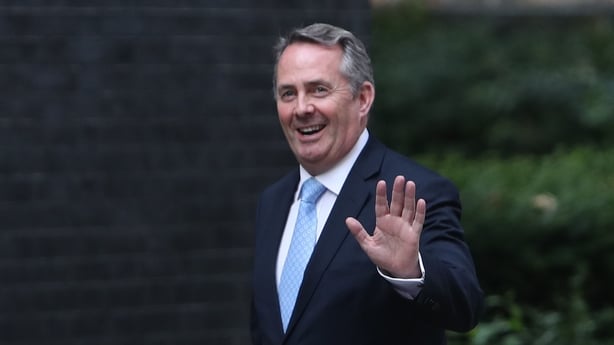
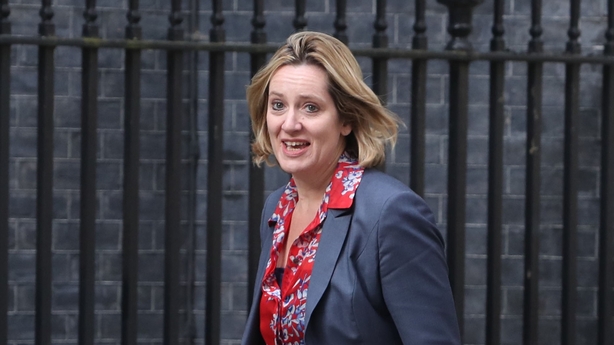
Another, Liam Fox, was named to head a new international trade department.
Among other appointments, Amber Rudd switched from the energy ministry to take Mrs May's old job as Home Secretary. Michael Fallon stayed on as Defence Secretary.
Mrs May will appoint the rest of her cabinet tomorrow.
She herself had sided with Mr Cameron in trying to keep Britain inside the EU, so needed to reach out to the winning Leave side in order to heal divisions in the ruling party and show her commitment to respecting the popular vote.
"Brexit means Brexit" has quickly become her new mantra.
Mrs May will be Queen Elizabeth's 13th prime minister in a line that started with Winston Churchill.
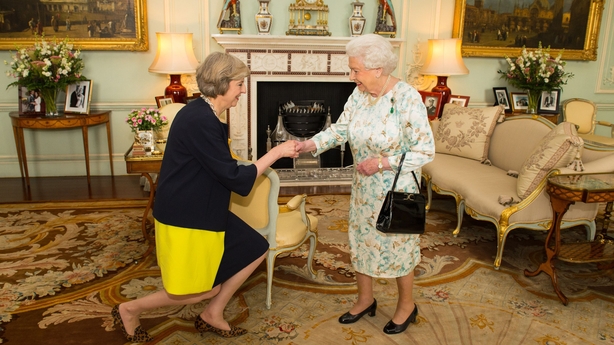
An official photograph showed her curtseying to the smiling monarch.
She is also Britain's second female head of government after Margaret Thatcher.
Brexit to dominate premiership
The issue of Brexit will loom large throughout Ms May's premiership.
EU leaders, keen to move forward after the shock of Brexit, want Mrs May to launch formal divorce proceedings as soon as possible to help resolve the uncertainty.
But she has said the process should not be launched before the end of year, to give time for Britain to draw up its negotiating strategy.
Mrs May must now try to limit the damage to British trade and investment as she renegotiates the country's ties with its 27 EU partners.
She will also attempt to unite a fractured nation in which many, on the evidence of the referendum, feel angry with the political elite and left behind by the forces of globalisation.
She spoke of the "burning injustice" suffered by large sections of society: poor people facing shorter life expectancy; black people treated more harshly by the criminal justice system; women earning less than men; the mentally ill; and young people struggling to buy homes.
Acknowledging the struggles faced by many, Mrs May declared: "The government I lead will be driven not by the interests of the privileged few, but by yours.
"We will do everything we can to give you more control over your lives."
She spoke of the "precious bond" between the nations of the United Kingdom, implicit recognition of the tensions generated by the referendum in which England and Wales chose to quit the EU, but Scotland and Northern Ireland voted to stay, raising the possibility of a new Scottish vote on independence.
"My advice to my successor, who is a brilliant negotiator, is that we should try to be as close to the European Union as we can be for the benefits of trade, cooperation and of security," Mr Cameron told parliament in his last appearance before resigning.
Minister for Foreign Affairs Charlie Flanagan issued a statement welcoming Mr Johnson and Mr Hammond to their new roles.
The United States congratulated Mrs May and said it was confident in her ability to steer Britain through the Brexit negotiations.

